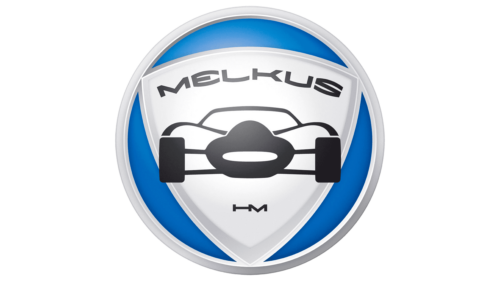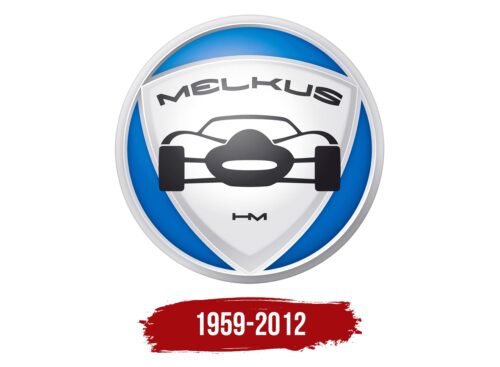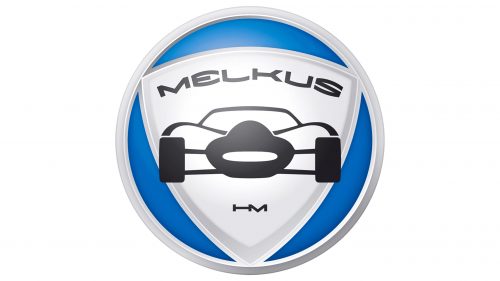The Melkus logo symbolizes harmony and completeness. The fine lines of the design give the emblem a flying appearance, highlighting the sporty nature of the cars. The geometric elements of the symbol convey safety, stability, and maneuverability.
Melkus: Brand overview
Melkus, an East German automaker, emerged in 1959 from the vision of racing driver and engineer Heinz Melkus in Dresden. Specializing in lightweight sports cars and single-seater race cars, Melkus navigated East Germany’s stringent automotive regulations using components from Trabant and Wartburg vehicles.
The 1960s and 70s saw the company rise in motorsport, particularly in Formula Junior and Formula 3 with models 69 and 70. The company ventured into small-scale production of road-going sports cars. The Melkus RS 1000, a mid-engine coupe with a fiberglass body, became the most renowned model, produced from 1969 to 1979. Celebrated for its lightweight construction, sleek design, and impressive performance, it left a mark in automotive history.
The fall of the Berlin Wall brought significant challenges. Political and economic upheavals, outdated infrastructure, and dwindling demand led to the cessation of production in 1986. Over its 27-year history, the company produced around 100 road cars and numerous racing vehicles.
In 2009, Heinz Melkus’ grandson, Peter Melkus, sought to revive the brand with the Melkus RS2000, a modern take on the classic RS 1000 powered by a Toyota engine. Despite initial interest, financial difficulties and low demand plagued the company. By 2012, the company declared bankruptcy again, ending production after about 25 units of the RS2000 were built.
Melkus cars, now highly valued by collectors and enthusiasts, are a testament to innovative spirit and engineering prowess. These vehicles embody the legacy of a small but influential East German automaker known for its unique design and remarkable performance.
Meaning and History
What is Melkus?
Melkus is a distinguished German automotive marque celebrated for its high-performance sports cars. Founded by former racing driver Heinz Melkus, the company quickly gained fame for its sleek, lightweight, and aerodynamically optimized vehicles. Renowned for their engineering brilliance and unique design, these cars have become highly coveted among car enthusiasts and collectors. Iconic models like the RS 1000 are testaments to the brand’s legacy in classic sports cars.
1959 – 2012
The Melkus brand emblem features a circle with an isosceles triangle with convex sides inside it. These geometric shapes represent perfection and harmony. The circle can be seen as a wheel, highlighting the brand’s automotive focus. The emblem’s design is reminiscent of Trabant, a brand whose details were initially used by the manufacturer.
At the center of the triangular shield is the silhouette of a racing car shown head-on. This positioning emphasizes the brand’s readiness to face challenges and showcase its achievements. Melkus became famous for its racing cars and their success in Formula 3, establishing its reputation in the motorsport world.
The brand name Melkus comes from the founder’s surname. The lower part of the shield features the letters “H” and “M” combined into one symbol, referencing the founder’s name, Heinz Melkus. These elements add individuality to the logo and highlight the brand’s family roots.





